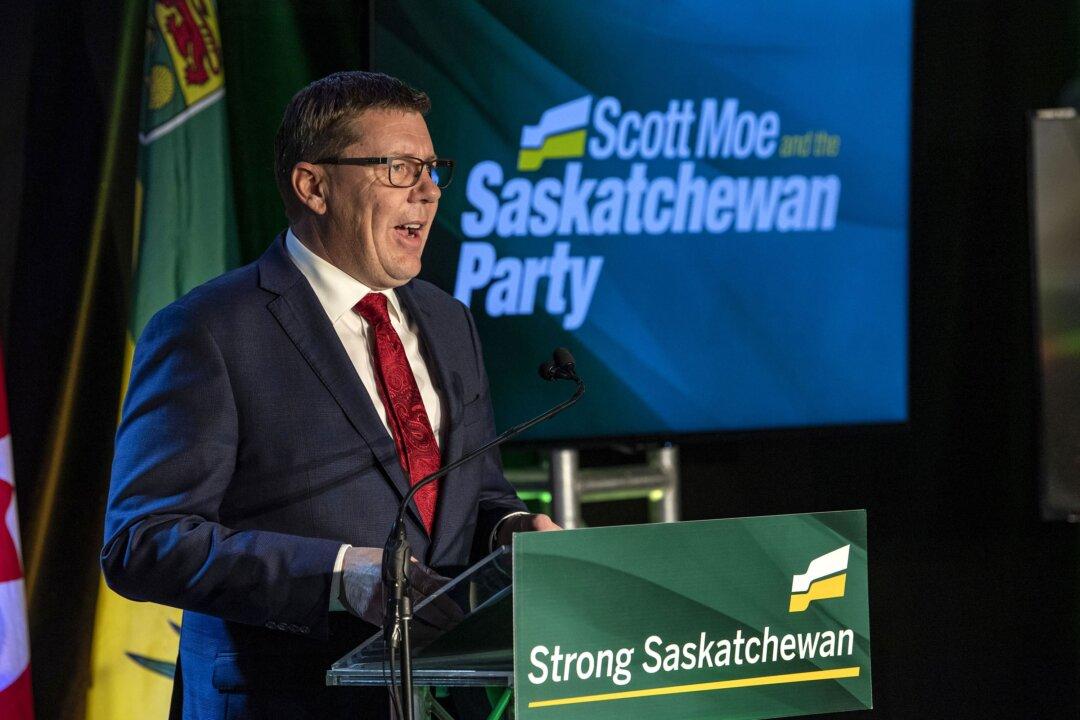Provincial elections in British Columbia and Saskatchewan have returned the ruling parties to power and left the opposition parties with new questions about leadership and direction.
In B.C., Liberal leader Andrew Wilkinson resigned following a resounding defeat at the hands of Premier John Horgan and the NDP on Oct. 24. The Liberals lost their vote share in every region of the province, especially Vancouver and the Fraser Valley. They dropped to 29 seats, while the Greens took 3, and the NDP won a party record of 55.





